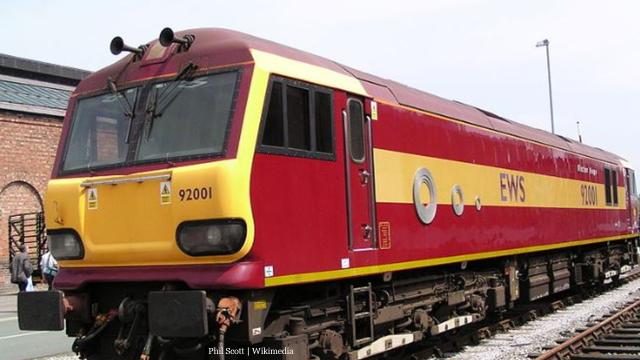PRIVATISATION is generally supported by the Conservative Party but there is a complex history behind the idea of putting publicly controlled businesses under private control that is not limited to the Conservatives but Labour as well. Most would then consider Tony Blair, who increased the amount of private companies within the NHS and continued the private sectors involvement in the railways.
But less is said of the extent to which Labour were forced to go in the 70s to maintaining and increasing the private sectors involvement in the public sector.
The private gamble
During the Ted Heath leadership, the government placed Rolls-Royce Aero, Lunn Poly and Thomas Cook into private ownership and also shipbuilding was closed down across the country. This was an important step into the new era of political and economic thought within the UK and the Labour governments under Harold Wilson and James Callaghan between 1974 and 1979 weren’t able to reverse the changes because of economic difficulties at the time. In fact, it was Labour in 1977 that privatised 17 percent of BP.
Whilst it was mostly Conservative’s who began the privatisation adventure in the 60s and early 70s, Labour weren’t able to do anything about it and further extended it in both he 70s and under New Labour from 1997.
The idea behind the private ownership was to forces professional management structures and raise money in the short-term from the sale and long-term through taxation. Furthermore, competition was meant to force improvements all round and whilst the short-term affects were good, the country’s ailing infrastructure at the time need drastic improvement and this did happen, but the lack of regulation and the longevity behind the idea was miscalculated.
Within the modern pretext, the government should have control of a lot of the industries that were privatised back in the 60s and 70s; there is public support for these initiatives as well. But during that period of severe economic uncertainty and the country’s ailing infrastructure that hadn’t really been improved, it was perhaps a short-term necessity but that is open for debate.



